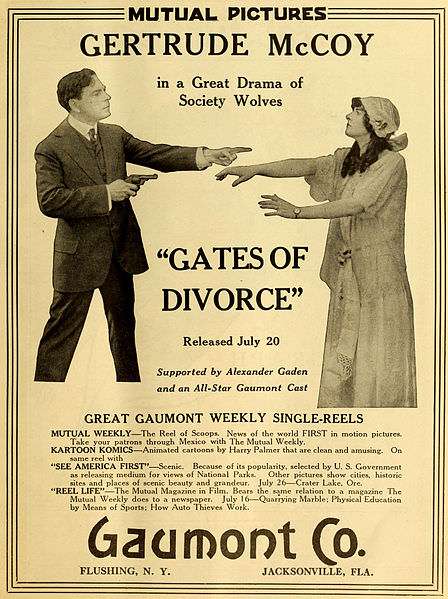Why It Could Get a Lot Harder to Get Divorced in Some States


As the great same-sex marriage debate bumbles on, a smaller, quieter marriage battle is taking place in state legislatures. Last week, The Washington Post reported on moves by socially conservative politicians around the country to make it harder for couples to get divorced.
Since 2011, more than a dozen states have considered bills that would limit allowable reasons for divorce and/or draw out divorce proceedings (via longer waiting periods and mandated counseling).
Wait, you need a reason to get divorced? Didn't we do away with that in the '70s?
Yes, mostly: "No-fault" divorce laws—which permit couples to divorce without proof of adultery, abandonment, etc.—began to proliferate after California passed the first one in 1969 (signed by the Gipper himself). By 1980, 45 other states had joined California and by 1985, New York was the only outlier, the Post reports.
Despite the fact that it's driven up the divorce rate, no-fault divorce is generally looked at as a pretty positive development in America. It frees people from being trapped in miserable marriages, for one. And studies have suggested it has helped cut down on domestic abuse and spousal murder.
Returning to the old ways might force more people to stay unhappily married, but that's a pretty bizarre goal. Putting alleged "social good" above individual freedom and flourishing rarely seems to lead to either.
Leave it to legislators, however, to think they know better about your love life than you do. Kansas and Oklahoma are currently considering an end to no-fault divorce for parents or possibly everybody. North Carolina wants to institute a two-year waiting period.
At Bloomberg View, Megan McArdle uses European labor markets to explain why such laws could totally backfire.
After World War II, many left-wing European governments… passed laws making it very, very difficult to fire workers. In Italy, for example, a judge could reverse a layoff decision, not because you'd fired the worker unjustly, but because the judge didn't think you needed to cut staff. Hurrah! Finally, workers were protected from the dark specter of unemployment!
Well, not quite. Workers were thrilled; employers were terrified. Now hiring a worker meant you were stuck with them unless they committed some absolutely flagrant offense—like, say, emptying the till and running out the door.
That's a hell of a commitment to make to someone you barely know. So employers didn't want to hire scary strangers; they wanted to hire close friends and family. Or, better yet, no one at all. Youth unemployment in many of these nations was staggering. The insiders had a great deal, but people without jobs found themselves consigned to a series of temporary, not-very-well-paid contracts. Or the dole.
The lessons? When you make contracts harder to exit, you also make it less likely people will want to enter into them. And promoting social arrangements via government force rarely works out the way social planners want it to.
